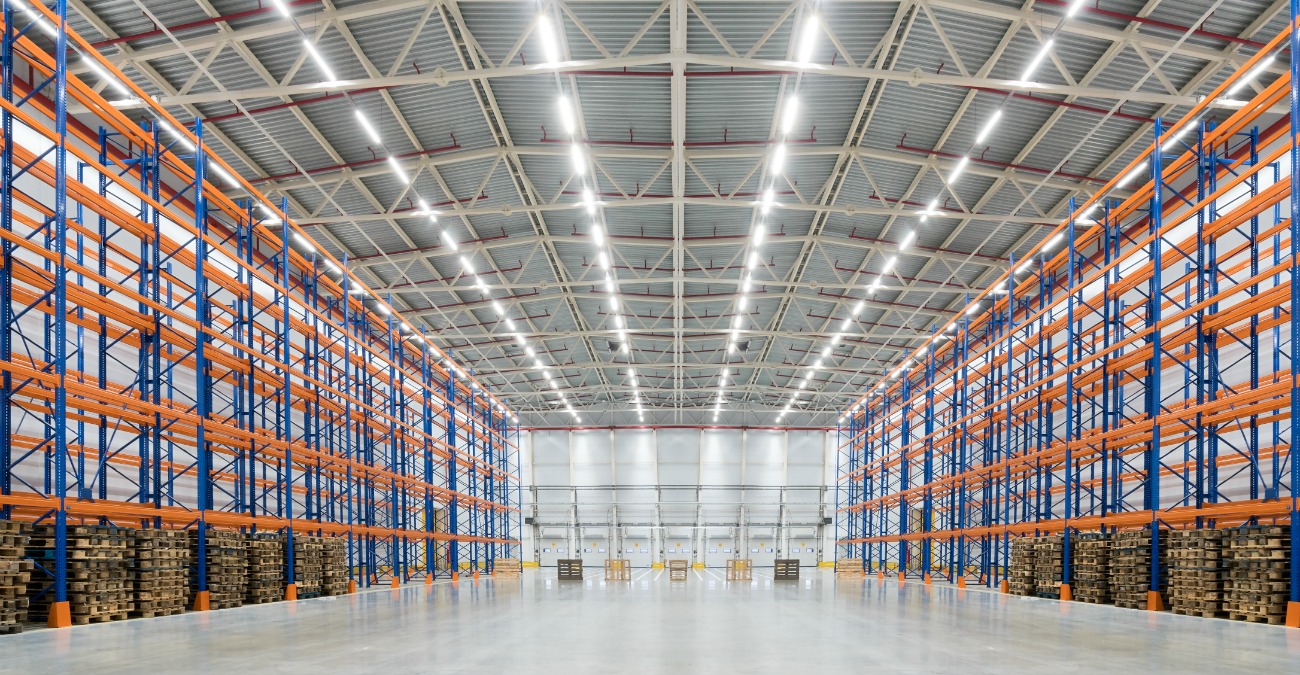How to Find the Right Warehouse for E-commerce in Kenya.
Kenya has seen an exponential growth in e-commerce in the last few years. This is largely because of the rise of mobile devices and internet usage, which give consumers with access to them more opportunities than ever before. This has led to people demanding for better online shopping experiences, which has led to a rise in demand for quality warehouse space. So, how do you find the right warehouse?
Factors like property values, proximity, or potential acquisitions are all factors that you need to consider when looking for your next warehouse.
This guide will help you navigate through these factors and more so that you can make the right decision about where to buy your next warehouse space.
Know the different types of warehouses
There are three different types of warehouses, namely cold storage, climate controlled, and dry storage.
Cold Storage: This type of warehouse is mainly used for storing dry goods that need to be kept at low temperatures.
Climate Controlled: This type of warehouse is used for products that need to be stored in moderate conditions.
Dry Storage: This type of warehouse is used for storing items which require little humidity or temperature control.
Consider security risks
The security risks you face when looking for a property to buy depend on the location. For example, in rural areas, thieves are more likely to target warehouses for their supplies. That’s why having a property surrounded by a wall and security guards is important in these cases.
In urban areas, improved technology in recent years has decreased the likelihood of break-ins. However, it’s still important to be aware of any potential risks when considering your options.
Here are some things you should consider when looking at property values:
1) Area prices – The higher the value of the area, the higher the cost of goods will be. In order to balance this factor, look for an area that has high traffic rates or low unemployment rates to offset this price hike.
2) Property rights – If you are considering buying land that is publicly owned, it may be harder to sell later on because there is less protection against future government changes. This means that if your government decides to nationalize all land on which you own buildings, you won’t have any recourse if it happened before you bought your first warehouse space on that land.
Location, location, location
Location is one of the most important factors to consider when buying a warehouse. Location will determine how close your warehouse will be to your customers, which can significantly affect customer satisfaction. If you are looking for warehouses in Nairobi, you should make sure that the distance from your warehouse to the city center is minimal. This will help ensure that delivery times are shorter and less costly, while also increasing customer satisfaction.
It’s not just about location though. You also have to consider property values, proximity, or potential acquisitions when deciding on a location for your next warehouse space. These factors are all interconnected because if you choose an area with high property values, it may lead to higher rent prices later on.
What is your budget?
The first factor you should consider is your budget. This will help determine the type of property you’re looking for.
If you’re on a tight budget and can’t afford to spend more than $1,000 per month, then your options are going to be more limited. You will have to search for properties that are within a close proximity to where most of your customers are located so that you don’t have to incur any additional costs from transportation.
How to find the right warehouse for e-commerce in Kenya
Kenya has seen an exponential growth in e-commerce in the last few years. This is largely due to the rise of mobile devices and internet usage, which give consumers with access to them more opportunities than ever before. This has led to people demanding for better online shopping experiences, which has led to a rise in demand for quality warehouse space. So, how do you find the right warehouse?
Factors like property values, proximity, or potential acquisitions are all factors that you need to consider when looking for your next warehouse.
This guide will help you navigate through these factors and more so that you can make the right decision about where to buy your next warehouse space.
Conclusion
Once you have a warehouse, your business is just a few steps away from being able to process and manage e-commerce orders. You can hire a warehouse manager to oversee the day-to-day operations of the unit, as well as a team to help you load and pack orders. In addition, you can invest in equipment to help with your e-commerce operations. All in all, having a warehouse is a great way to grow your business and give you the space you need to execute your e-commerce strategy.








LEAVE A COMMENT
You must be logged in to post a comment.